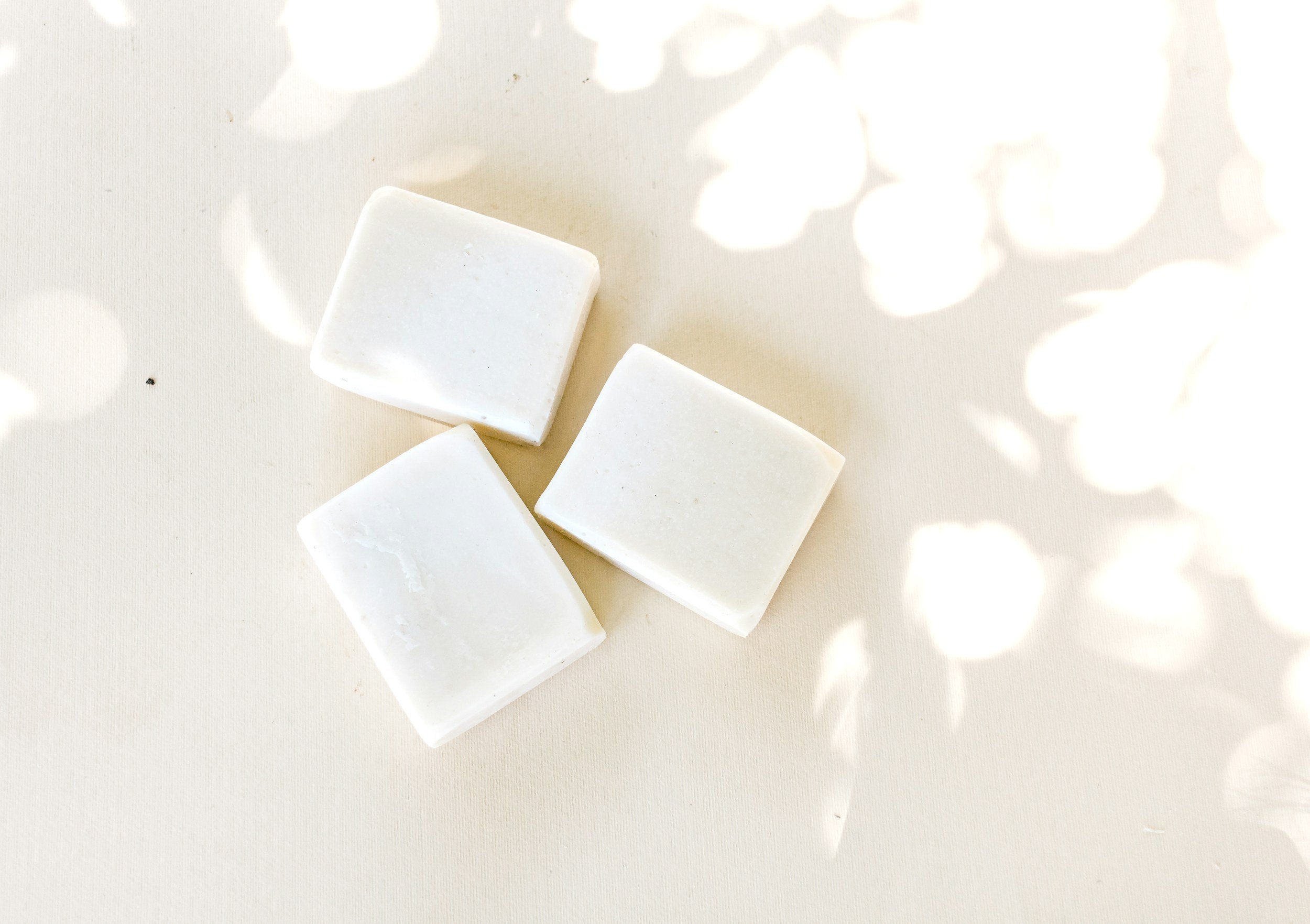
Laundry
All his life, my husband thought he had a “skin problem,” when in reality, it was a “laundry detergent problem.”
Ditching laundry detergent is pretty dang easy. And the benefits of eliminating laundry detergent residue from your clothing can be big.
Personal Anecdote
Prior to ditching laundry detergent, my husband routinely got a few patches of eczema, particularly during the winter.
Due to his sensitive skin, we used a minimalist laundry detergent. No fragrance, dyes, brighteners, or anything else that most people think to avoid when they have sensitive skin. But it did contain a synthetic detergent.
When we eliminated detergents in May 2020, he stopped getting eczema, even during the winter. And he stopped getting sunburns in the summer, even if he skipped sunscreen during a day at the lake.
Of course, we overhauled a lot of things in our lives in May 2020—in terms of both food and environment—so you might be wondering why my husband is so confident that laundry is the critical factor for him. There are a couple of reasons. First, in the course of his work in the field, he encounters a lot of different environments, washes his hands with a lot of different products, and eats on the go. Despite all of that, his skin health has improved. Second, when we travel, if I don’t pack our own sheets, his skin notices.
All his life, he thought his skin was the problem. As it turns out, laundry detergent was the problem.
Detergent Residue on Clothing Damages the Skin
Our skin is in constant contact with our laundry products—all day, all night, anytime we’re clothed.
In the study discussed at the blog link above, researchers tested household laundry detergents (containing a combination of many different chemicals), as well as one synthetic surfactant in isolation—sodium lauryl sulfate, or SLS/SDS (SLS is a very common surfactant, found not just in laundry detergent, but also in shampoo, lotion, body wash, makeup, toothpaste, deodorant, and a whole host of other products).
The commercially available products and the isolated surfactant were found to damage the skin barrier—even at the relatively small concentrations remaining on clothing after a full wash cycle.
This study theorizes that prolonged exposure to detergent residue—even at low doses—on a daily basis may progressively impair the skin barrier, thus exacerbating eczema, increasing the risk of allergen sensitization, and contributing to other allergic, metabolic, and autoimmune disorders.
A Simple Switch
Replacing your laundry detergent with a detergent-free product is one of the easiest changes you can make. It essentially amounts to a simple product substitution, with only very minor changes to your behavioral routine.
And don’t fret about cleaning performance here—soap works! So many people who identify as “sweaty and stinky” are amazed by how well soap cleans up the grossest of gym clothes—even better than the detergents they used previously.
Laundry Powder
You can use soap flakes, alone, or you can add baking soda and washing soda to boost odor and stain fighting power (you can mix, yourself, or you can buy pre-mixed laundry powder at the Store).
For a warm wash, simply add it to your machine (I like to put it straight in my drum). For a cold wash, pre-dissolve your powder in a cup of hot water—it only takes a minute!

